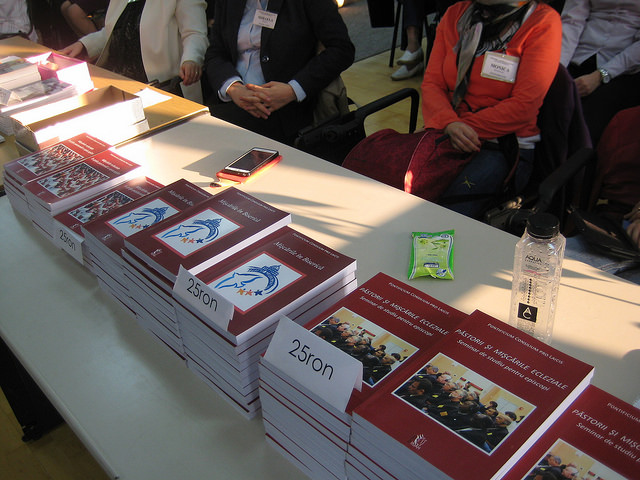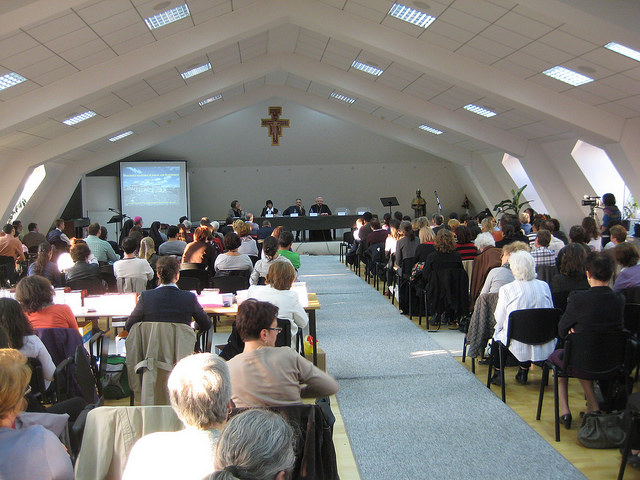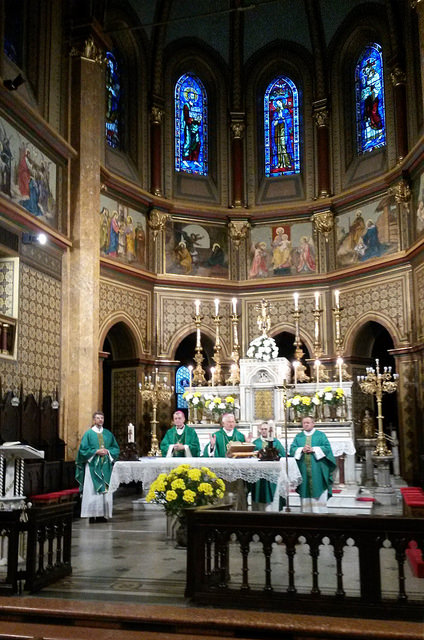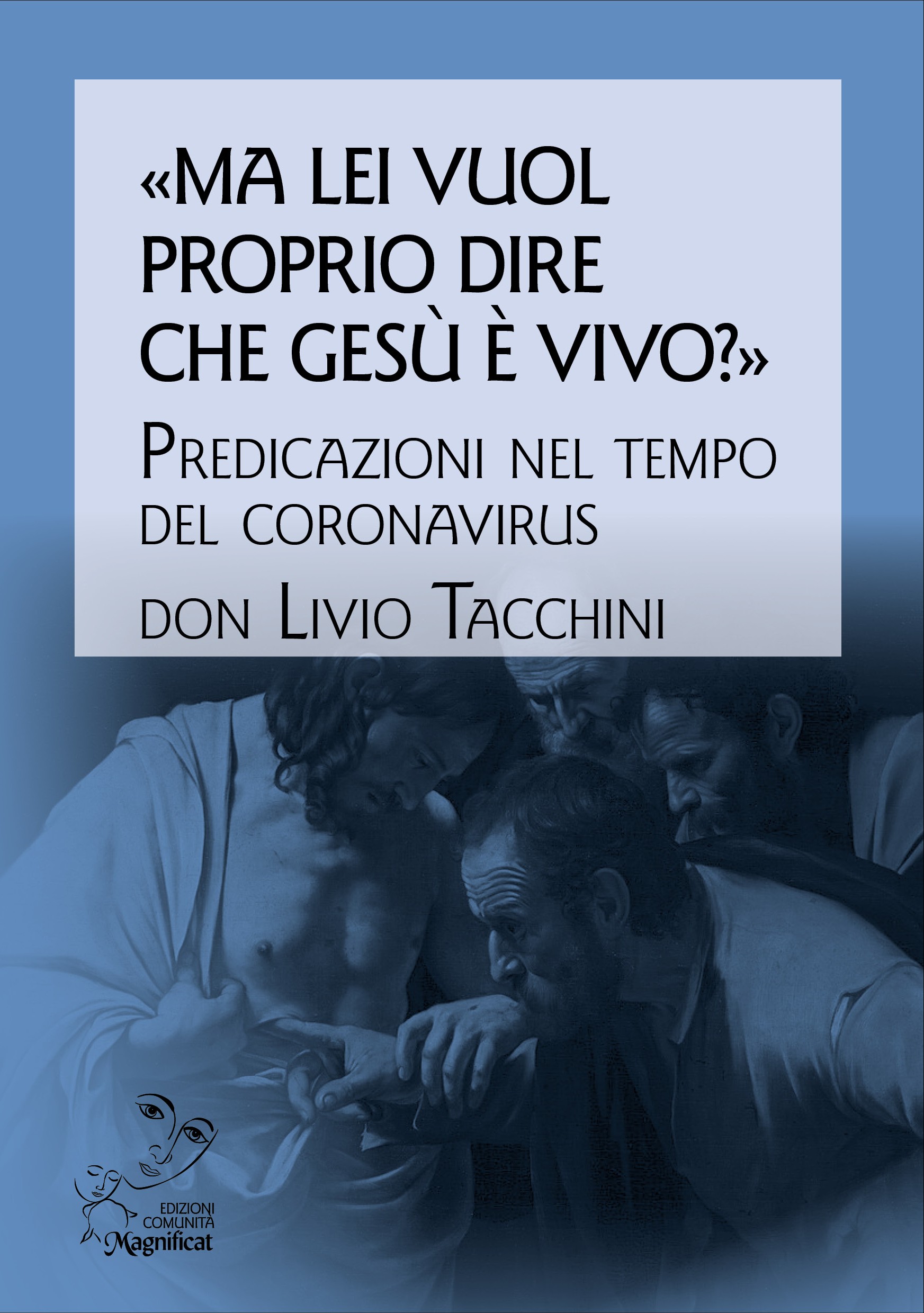
Charismatic editions in Romania
Perhaps not everyone in the Community knows that for the past few years the Fraternity of Bucharest has opened a publishing house, through which our Romanian brothers have the opportunity to make known the Renewal, which was almost completely unknown until ten to fifteen years ago.
The latest “editorial effort” involved an even more ambitious project: to acquaint pastors of the Church in Romania with the grace represented by ecclesial movements and new communities for the work of evangelization and reconstruction so necessary in this country after the decades of Nicolae Ceausescu’s dictatorship. In fact, although Catholics are in a clear minority in a predominantly Orthodox context, some of the largest church movements spread throughout the world can also be found in Romania. Thus, to help the Romanian Church and its pastors understand these new aggregative realities about which there is very little written in Romanian, Father Victor and Agneza wanted to proceed with the translation of three volumes published by the Pontifical Council for the Laity on the subject, volumes that contain texts that are fundamental for understanding and knowing how to welcome these realities.
The work was immense, but in the end the three volumes saw the light of day. They are the proceedings of the 1998 Congress of Ecclesial Movements, held immediately before the historic meeting of these realities with St. John Paul II in St. Peter’s Square(The Movements in the Church); and the proceedings of two study seminars for bishops that the Pontifical Council for the Laity organized in 1999 and 2008(The Ecclesial Movements in the Pastoral Concern of the Bishops and Pastors and Ecclesial Movements).
To present them, the Magnificat Community present in Romania organized an event there that was nothing short of extraordinary! With the cooperation of the Apostolic Nunciature and the Archdiocese of Bucharest, with the availability of the Faculty of Roman Catholic Theology of the University of Bucharest, and especially with the efforts of Agneza and Father Victor and the brothers and sisters of the Romanian Fraternities and Missions, the publications were officially presented in the Aula Magna of the Faculty of Roman Catholic Theology of the University of Bucharest on the afternoon of Saturday, October 4, 2014. At the meeting, Father Victor and Agneza invited the secretary of the Pontifical Council for the Laity, Bishop Josef Clemens, and also present was the auxiliary bishop of the archdiocese, H.E. Msgr. Cornel Damian, whom the Community has already met because he participated a few years ago in the Montesilvano Conference. Also present was the moderator general of the Magnificat Community, Daniele Mezzetti, and Francesca Acito, of the Rome Fraternity and an official of the Pontifical Council for the Laity, was also invited. What is extraordinary is that it was the first ecclesial meeting held in Romania that gathered together members of different ecclesial movements: something that in Italy seems to be taken for granted by now … but which is not at all so in this country, in this Church.
Msgr. Clemens, in his presentation, explained Cardinal Joseph Ratzinger’s thinking on ecclesial movements and new communities, starting from the text that “marks a real turning point regarding the evaluation and insertion of these new associative realities in the Church,” The Ecclesial Movements and Their Theological Placement (found in the volume The Movements in the Church), integrating it with other interventions by Cardinal Ratzinger first, and Pope Benedict XVI later. It is important, Msgr. Clemens explained, “to have a secure point of reference and proven anchorage,” thus motivating his choice to illustrate on this occasion the studies and magisterium of the pope emeritus, a man with “such profound and current thinking regarding the new irruptions of the Spirit” manifested in the Church with these new realities. The text of the speech, in Italian, is available online, on the website of the Pontifical Council for the Laity, and it would be worthwhile to delve into it because it really explains in a clear way the thinking of a pope who, with his theological acuity, but above all with his heart as a pastor, has done nothing but promote and advocate these new realities among the bishops of every local Church.
Then the three volumes were presented, illustrated by Msgr. Damian, a professor from the Focolare Movement, and Father Victor, and then each movement introduced itself, telling some details about their entry into Romania. Suggestive were the stories of Communion and Liberation and the Focolare Movement, which began entering the country already during the communist regime, when it was forbidden to import ideas and initiatives from outside the country. Clandestinity, searches and interrogations also marked their activities.


For the members of the Romanian Magnificat Community, the day of October 4 had already begun in the company of Msgr. Clemens. Father Victor and Agneza had asked him, in fact, to meet only the Community, and the moment began with a time of praise prayer followed by Msgr. Clemens’ meditation on the fruits of the Spirit in the Christian community. On this occasion, Daniel was able to address to Msgr. Clemens the Community’s thanks for accepting the invitation and for giving our reality the opportunity to organize an event like the one that would be held in the afternoon.

 English
English  Español
Español  Italiano
Italiano  Română
Română  Türkçe
Türkçe 